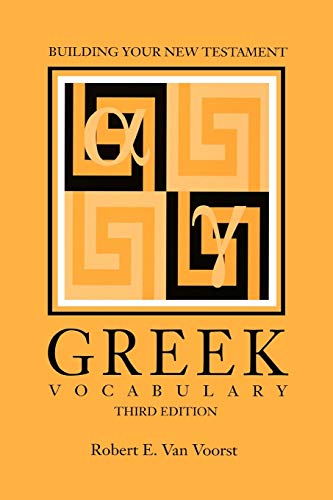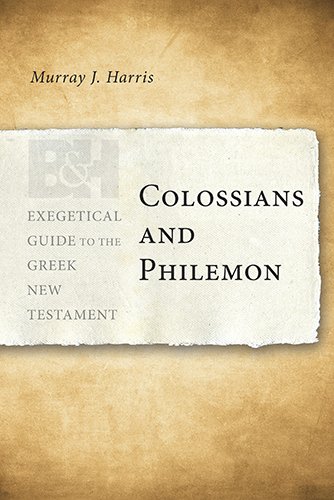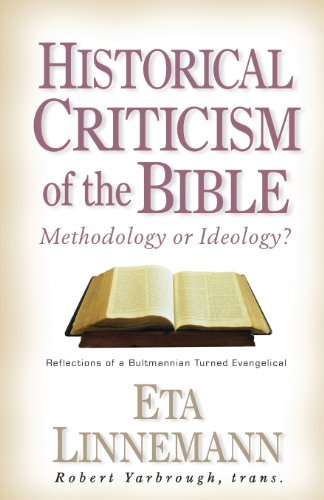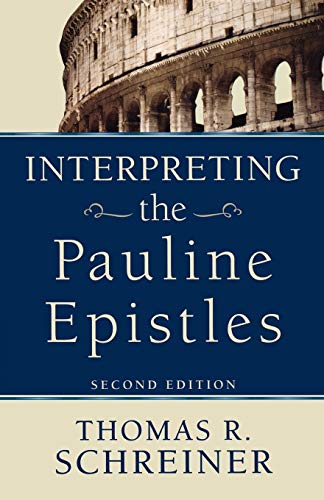The Agony of Deceit: What Some TV Preachers are Really Teaching
Written by Michael Horton (ed.) Reviewed By Craig BlombergIt is not often that a Christian book receives a full-page spread in the religion section of a major, secular news magazine. It is extraordinary when that book is authored by one or more of America’s most respected evangelical writers. Yet on 5 March 1990, Time devoted precisely such a spread to The Agony of Deceit, a sign of how the debacle of scandals among our televangelists continues to fascinate the American media and people, not least because it seems to discredit what is often taken as representative of conservative Christianity more broadly.
Horton’s volume collects together essays from largely Reformed writers (best known are the names of R.C. Sproul, Walter Martin and C. Everett Koop) who analyse the theology of numerous prominent televangelists and find it heretical. Some TV preachers echo a Gnostic or docetic view of interpreting the Scriptures (the Spirit gives them ‘private’ revelations for which they may not be held accountable). Others preach that people can become gods. Many have a deficient view of sin and justification by faith. Unfortunately, at times this volume treats views which fall within the historic Arminian and Wesleyan traditions as equally heretical as the more outlandish claims of the ‘electronic church’.
Quentin Schulze, one of the contributors to the Horton anthology, has produced a superior analysis of American televangelism. Instead of focusing primarily on potential doctrinal aberrations, he ranges widely from Christian television’s faith in technology to the growth of personality cults, the ever-present demands for money, and the lure of experience-centred programming over substantive discussion of issues, including biblical and theological studies. In perhaps his most intriguing chapter, ‘the new sorcery’, he focuses on the powerful residue of pagan superstition which infuses much popular American religion.
Schulze helpfully points at each step along the way to the large segments of grass-roots Christianity in the US which already agree with the message of the televangelists. In many ways, then, the electronic media simply reflect American culture more generally. He explodes the myth that all this programming has had any significant evangelistic impact; non-Christians seldom watch it at all and then usually ridicule it when they do.
Both Horton’s and Schulze’s books conclude with helpful suggestions for more critically analysing televangelism and producing more scripturally sound alternatives. Both books are well worth reading, but if you read Schulze first, you probably don’t need to read Horton as well.
Craig Blomberg
Craig Blomberg
Denver Seminary
Denver, Colorado, USA







